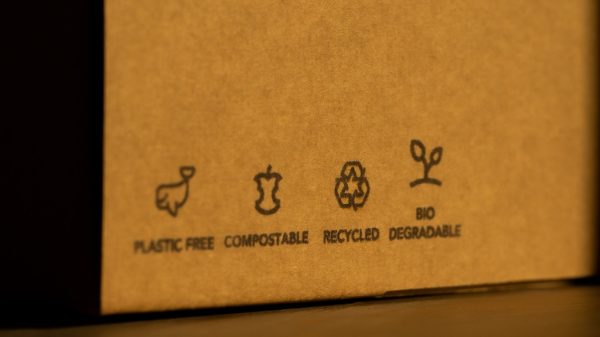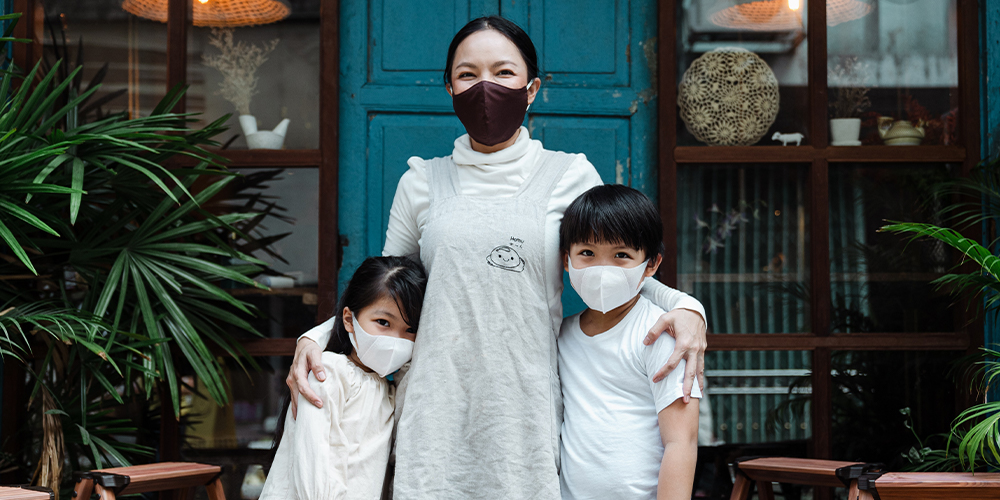The American mask debate has comprised a whirlwind of clashing political ideologies, legal dilemmas, and personal agendas, with businesses placed directly in the middle of the storm. As the pandemic continues to run its course, a disparity in state mandates and legislation is only serving to increase the strain on these establishments.
With increased access to vaccines and several states rolling back their COVID guidance, the option to wear—or not wear—masks is becoming more discretionary, with businesses often having the final say in whether or not they expect masks to be used on their premises. One such business, a liquor store, posted a notice regarding their staff’s decision to continue wearing masks:
“In accordance with Johnson County mandates: Masks are now optional. Please do not berate, verbally assault, or otherwise attack the staff over their choice to continue wearing masks.”
The notice went on to say, “It is painfully depressing we have to make this request.”
That last line epitomizes many business owners’ stances. Places across the country have started allowing customers to discard their masks with proof of vaccination, but if employees choose to keep their masks for the time being, it’s difficult for clients not to view it as a kind of political statement—despite their decisions often being corroborated by local laws.
And, as long as businesses continue to operate within the confines of those laws, their decisions should be free from public scrutiny.
Sadly, that’s not what’s happening as evidenced by the notice posted by the liquor store in Johnson County. The same disparity that allows for some freedom despite COVID still being present in many Americans’ lives often leaves those who choose not to wear masks to conclude that those who do wear them are being judgmental or unnecessarily cautious.
Those judgements work in reverse as well, with businesses who allow their employees to work maskless facing criticism from masked clients. It seems that the freedom to choose—something for which people strongly advocated throughout the pandemic—continues to cause separation.
As businesses change or adapt their regulations to fit state mandates and employee (and customer) concerns, everyone would do well to remember that the decisions these establishments make are usually meant to affect some kind of positive work environment—not to welcome harassment and abuse.
Jack Lloyd has a BA in Creative Writing from Forest Grove's Pacific University; he spends his writing days using his degree to pursue semicolons, freelance writing and editing, oxford commas, and enough coffee to kill a bear. His infatuation with rain is matched only by his dry sense of humor.









































